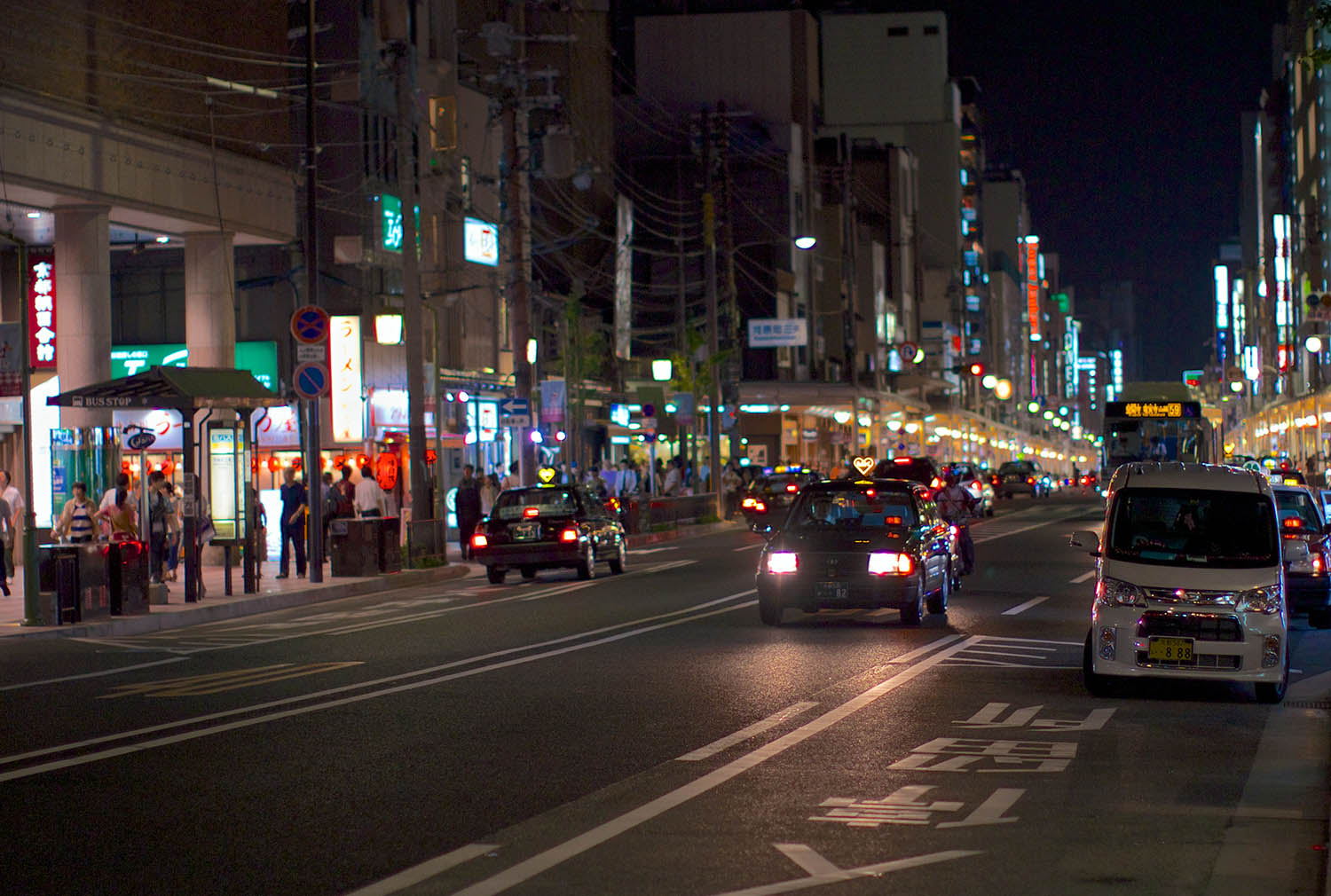
I had always heard of Marshall McCluhan’s famous “the medium is the message”, but really only had a surface level understanding of it until recently, when I first read the essay.
It’s a somewhat eye-opening and challenging piece for various reasons, because it challenges some things I thought I had a good grasp of. Particularly the repeated shooting-down in the essay of people who claim it’s how the medium is used that matters, not the medium itself. McCluhan disagrees with this by constantly impressing upon the reader not only that the medium and content are inseparable and come as a whole package, but that there is really no distinction to be made between content and medium. It’s one medium nicely packaged in another medium. This is the meaning of “the medium is the message”.
And could we go on? That one medium could be packaged in another, which is itself packaged in yet another medium? This certainly doesn’t seem unreasonable, as at one point in the essay it’s argued that speech is a medium for writing, which is yet another medium: the medium for inner thoughts. Record someone on television giving a speech and you add yet another level. It’s really mediums all the way down.
The original essay was written on the cusp of the digital information age, and had a concern with the medium of writing getting surpassed by print, which in turn seemed to be getting surpassed by television, radio, and digital information. Though at times it might seem luddite, anti-television or anti-new-mediums, especially towards the end of the essay, I don’t see that as the intent of the article. The end of the article was just trying to hit home a point that these mediums have become human appendages, consciously and subconsciously, and they are inescapable. For better or worse. The point is that if the mediums are only subconscious, then they influence us and trap us in invisible prisons. By making us conscious of mediums we can study them and at least try to understand them better than we could at the subconscious level.
More than fifty years after the article was written, we are well into the digital information age, and we are starting to see the Internet surpass television. The timelessness of The Medium is The Message is that these same insights can be used to understand the pervasiveness of the Internet medium all around us today. Another important message here was that these mediums pervade and influence culture - just as the printing press played a crucial role in the French Revolution. And often times we don’t realize these mediums as playing such a pervasive role until after the fact.
Smart phones have just recently invaded our society in our public and personal lives. Our societies have already been substantially changed and molded by this new medium, and yet only now do we start asking ourselves questions like “is it bad to use my phone too much?”, “is it bad manners to use a phone at the dinner table?”, “is it ok to give a phone to a kid?”.
I’d made assumptions before that the blog posts I write on my website are content-first, so I’ve made an effort to remove any designs or parts of this medium that is distracting to that content. Hence the super minimalist design I have in place currently. But I never considered that there are parts of this presentation medium that can’t be sidestepped and avoided.
I had thought that maybe some of my blog posts could be printed and still retain the same message. However, according to McCluhan this would be impossible, since the medium is married to the message (not to mention that the message is actually just another medium). On this view the reader’s experience of reading my blog post on their laptop or desktop is an entirely different experience from reading on their phone, in an altogether different environment and in different circumstances (e.g. at home versus riding the train).

It seems that we can take this even further, to its natural extent. It seems that every city has a different overall culture and a different feel. In that sense a city and its people can be assumed to be a sort of very large medium. A person reading a news article in one city could be reading the same article as a person in a different city. It seems not unreasonable that their experiences could be very different because their very environment - their city - permeates their experiences. A city itself as a medium can then help ideas flourish (in a zeitgeist sort of way) or can even stifle ideas.
A city can very well itself be a medium.
Comments